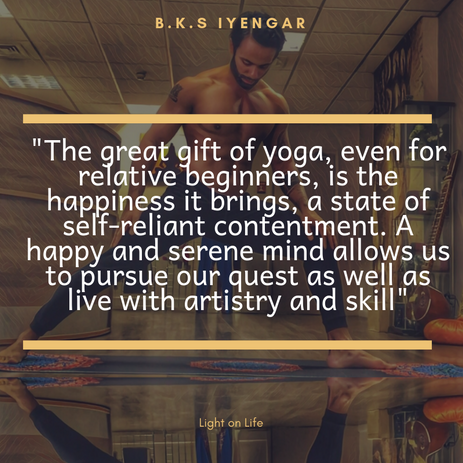What our students say about learning with Zahir -
Agnieszka Wieczorek
Erin Dalton
Richard Sage
"Zahir's teaching style is so simple. You will love it and learn so much." - Kiran, Pharmacist & Yoga Teacher
60 Min calls tailored to your goals - anatomy, teaching, sequencing, or personal growth. Ready to refine your teaching - and yourself?
MEET YOUR TUTOR
I’m Zahir - dad, husband, yoga teacher, and forever seeker.
Om Yoga Magazine - Yoga Teacher of the Year 2024





I’ve dedicated half my life to understanding what makes us who - and what - we are.
My studies have taken me from anatomy to philosophy - from the Greeks, who first dissected the human body, to the yogis who say we are not the body. This journey has led me from my parents' birthplace in Kashmir, to the bustling streets of Calcutta, and the serene landscapes of Nepal. I’ve broken down and dissected everything, from the mechanics of breathing to the intricacies of Bandhas.
I’ve had a complex relationship with yoga (and in particular breathing). I’ve loved it, critiqued it, fallen out of love with it, had enough of it - and yet, I keep coming back. My understanding of yoga isn’t just a collection of other people’s words or theories. It’s a tapestry woven from my own experiences, filled with moments of doubt, rediscovery, and personal growth.
Yoga has given me the strength to forge my own path, and that’s exactly what I hope to share with you. As the Sufis say, “In a conflict between the heart and the brain, follow your heart.”
This course isn’t about rigid rules or seeking absolute truths. It’s about finding what feels true and right for you, with a heart-centered approach to learning.
ZAHIR AKRAM
.png)























